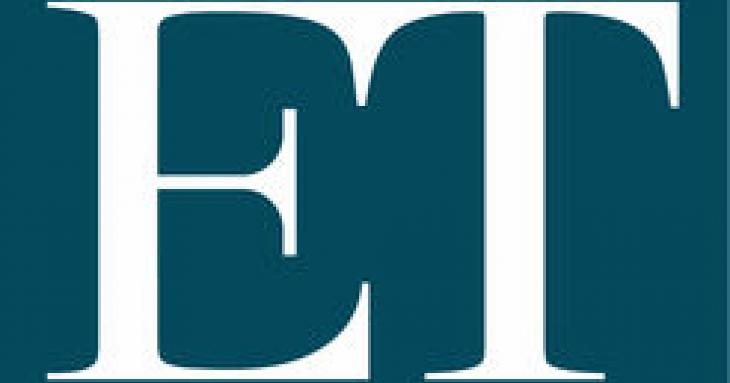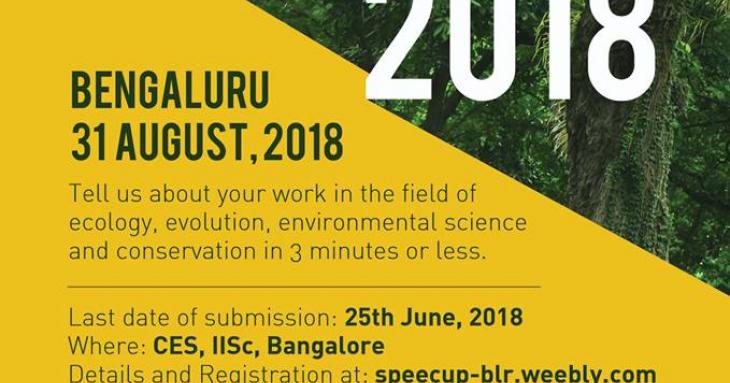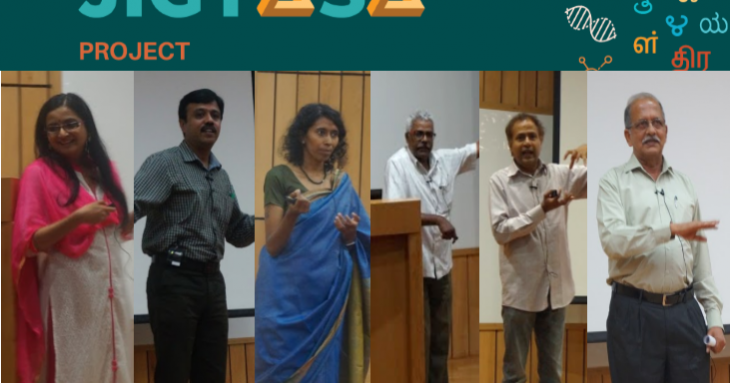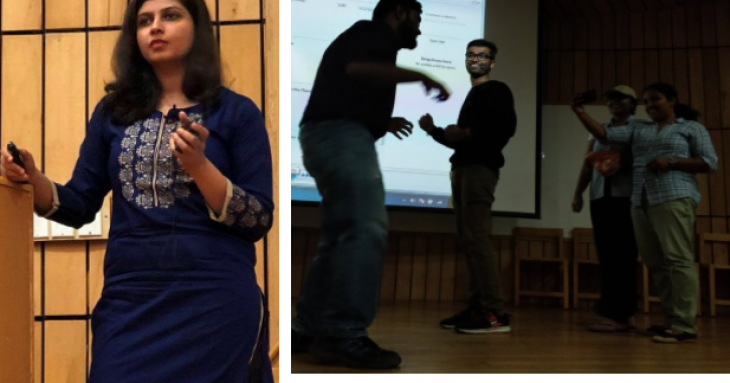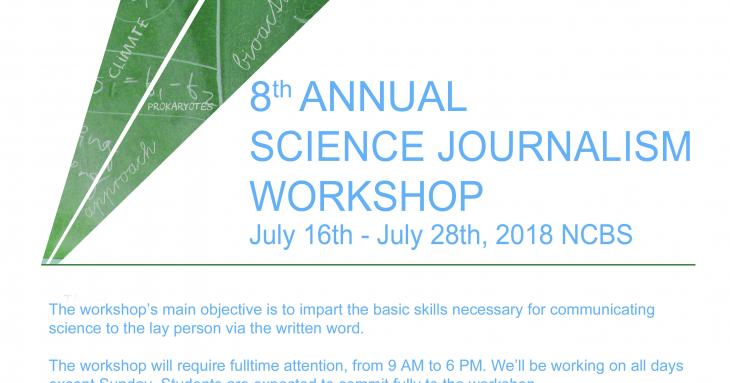-
How a number of initiatives are breaking the language barrier in teaching science
To break this language barrier in teaching science and technology, a small but growing number of initiatives have started platforms that discuss concepts in local languages. They want to make concepts in these subjects more accessible to those who do not know English. And technology, whether it is WhatsApp, YouTube or podcasts, makes it easy to disseminate information to a wider audience.
-
NCBS Students Grab Three Awards at SPEEC-UP 2018
31st August 2018 saw the second iteration of Student Presentations on Ecology, Environment & Conservation—or SPEEC-UP as it is aptly named—one-day conference with three-minute talks by budding young scientists.
-
AT BLiSC, Science no longer speaks only English
Today science has become more monoglot than ever, with English assuming near universal dominance. And yet, not very long ago, Newton wrote Principia Mathematica in Latin, Einstein communicated his first influential papers in German and a large extent of Marie Curie’s work was published in French. Communication in English is valuable, as it sets a dais for scientific interactions across the globe and more importantly, prevents varied interpretations of scientific text.
-
Speak your tongue
Mandram, a new platform by three like-minded people across Bengaluru and Hyderabad, hosts a series of talks on science in Kannada and Tamil this Saturday
-
Nothing “alternative” about careers beyond academia
An increasing number of PhDs now question the wisdom of jumping headlong into a postdoc (the autopilot postdoc). For most, this dilemma is a result of fewer tenured positions, remunerations (or the lack of thereof), and the fear of irrelevancy to society at large due to a constricted research focus.
-
8th Annual Science Journalism Workshop
NCBS announces its 8th Annual Science Journalism Workshop, which will be held on campus from


